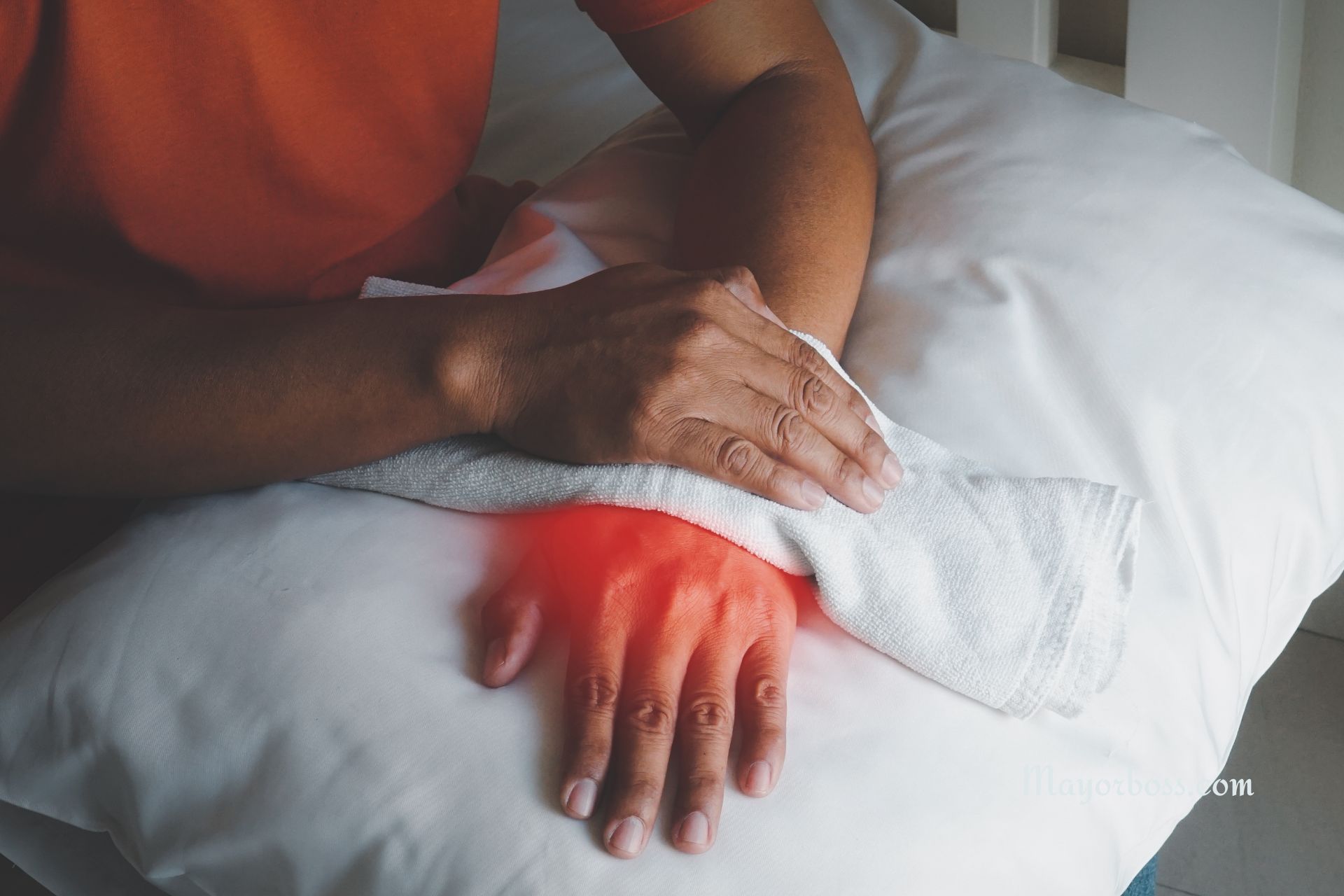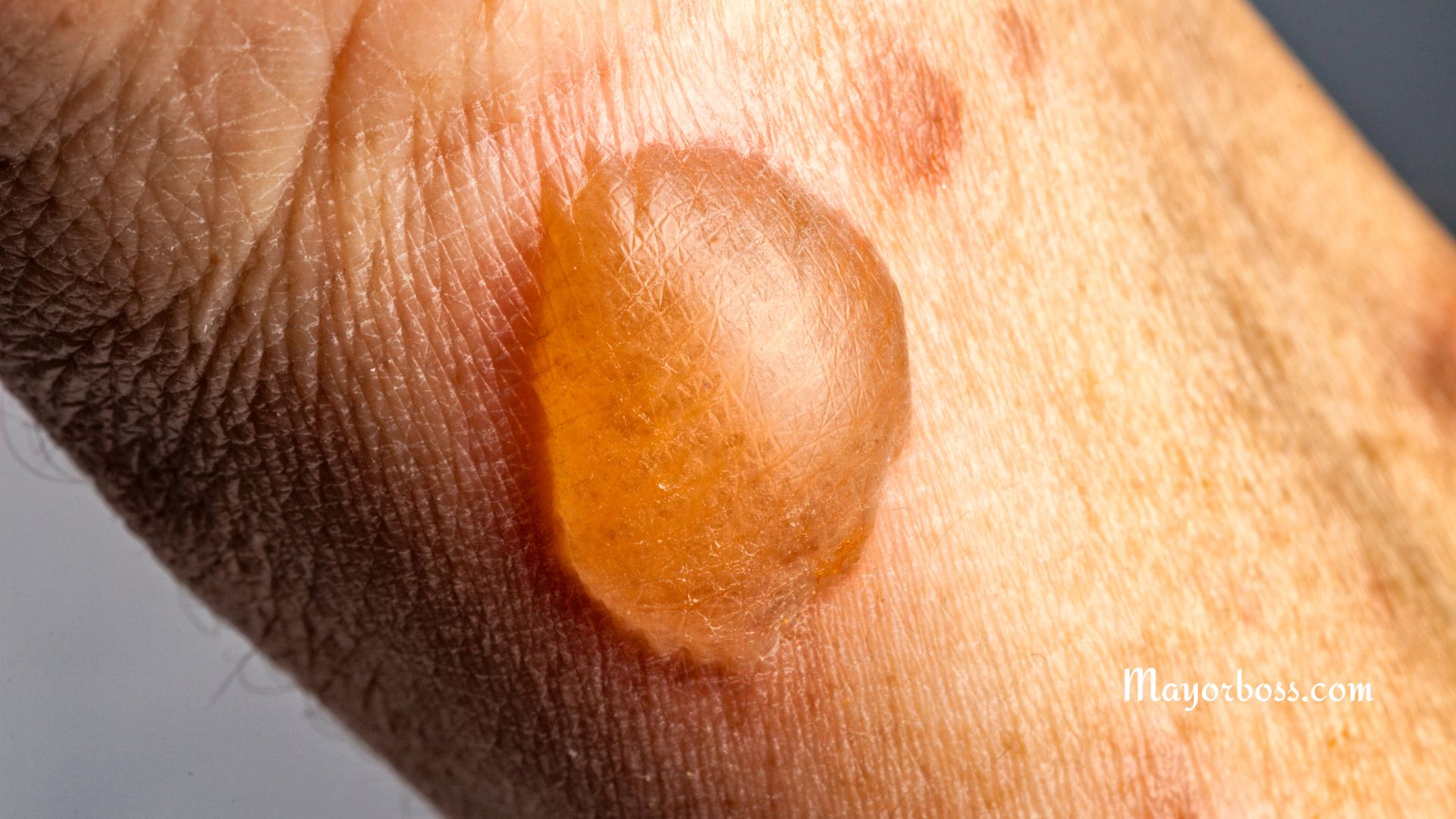Tingling in Hands and Feet at Night? 5 Surprising Reasons Why
Have you ever woken up in the middle of the night to that strange tingling sensation in your hands or feet? It’s not just a minor inconvenience—it can be downright unsettling. You might start wondering, “Why is this happening to me?” Well, I’ve got some answers for you.
Paresthesia is the medical term for this sensation of tingling. Read on to see the surprising reasons why you might be experiencing tingling in your hands and feet at night. Some of these causes might catch you off guard, but they’re all important to know.

Poor Circulation Can Cause Tingling in Your Hands and Feet at Night
One of the most common reasons you might feel that tingling sensation is due to poor circulation. When blood flow is restricted, your nerves don’t get enough oxygen and nutrients, thus leading to that prickly feeling.
This usually happens when you sleep in an awkward position, like with your arm or leg under your body, which compresses blood vessels. The result? Reduced blood flow and that familiar tingling sensation. But even if you’re lying comfortably, certain health conditions like peripheral artery disease (PAD) can typically cause poor circulation and lead to nighttime tingling.
It’s worth noting that if you often wake up with tingling and suspect poor circulation might be the cause, it’s a good idea to talk with your doctor about it. They might recommend some lifestyle changes or treatments to improve your circulation and reduce those nighttime disturbances.
Nerve Compression Is a Common Cause of Tingling in Your Hands and Feet
Another reason you might experience tingling at night is due to nerve compression. When pressure is applied to a nerve for a prolonged period, it can cause that pins-and-needles feeling we’re all too familiar with.
For instance, carpal tunnel syndrome is the most common hand condition where the median nerve in your wrist gets compressed, often leading to tingling, numbness, or pain in your hands—especially at night. Similarly, if you’re sleeping in a position that puts pressure on nerves in your legs or feet, you might wake up to that uncomfortable tingling sensation.
Doctors say that if nerve compression is the cause, you may need to adjust your sleeping position or even wear a brace at night to keep your wrists or other joints in a neutral position. In some cases, your doctor may suggest physical therapy or other treatments to alleviate the pressure on the nerves.
Vitamin Deficiencies Might Be Causing Your Tingling Sensation
Believe it or not, vitamin deficiencies cause tingling in your hands and feet, especially at night. In particular, deficiencies in vitamins like B12, B6, and vitamin E can lead to nerve damage or dysfunction, which can result in an irritating tingling sensation.
Vitamin B12 is crucial for nerve health, and without enough of it, your nerves can’t function properly.
Research published by the National Institutes of Health explains that a lack of this vitamin could lead to nerve damage, causing tingling or numbness. Vitamin B6 is another important vitamin, but too much of it can also cause nerve problems, so it’s all about finding the right balance.
If you suspect that a vitamin deficiency might be the cause of your nighttime tingling, you should speak with your doctor. They may suggest a blood test to check your vitamin levels and recommend supplements or dietary changes to correct any deficiencies.
Diabetes Can Lead to Tingling in Your Hands and Feet
Diabetes is another common cause of tingling in the hands and feet, particularly at night. This tingling is often a sign of diabetic neuropathy, a type of nerve damage caused by high blood sugar levels.
According to the Mayo Clinic, diabetic neuropathy typically starts in the feet and legs but can also affect your hands. The tingling or numbness might be mild at first, but it can become more severe over time if not managed properly.
If you have diabetes and notice tingling in your hands or feet, it’s essential to manage your blood sugar levels carefully. Doctors may recommend medications to help control your blood sugar, as well as lifestyle changes like a healthy diet and regular exercise to prevent further nerve damage.
Anxiety and Stress Might Be Behind Your Nighttime Tingling
You might be surprised to learn that anxiety and stress can also cause tingling sensations in your hands and feet. When you’re anxious or stressed, your body goes into “fight or flight” mode, which can lead to hyperventilation and reduced blood flow to your extremities. This, in turn, can cause that familiar tingling sensation.
Sometimes, the anxiety itself might make you more aware of normal sensations in your body, leading you to perceive tingling even when there’s no physical cause. This can create a vicious cycle where the more you worry about the tingling, the more you notice it.
If you suspect that anxiety or stress might be the culprit, it might be helpful to incorporate relaxation techniques into your routine, such as deep breathing exercises, meditation, or yoga. Additionally, talking to a therapist can be a great way to manage anxiety and reduce symptoms like tingling.
What You Should Do If You Experience Tingling in Your Hands and Feet at Night
First, try to identify any patterns. Does it happen when you sleep in a particular position? Do you notice it more when you’re stressed or anxious? These clues can help you pinpoint the cause.
Next, consider making some lifestyle changes, like adjusting your sleeping position, managing stress, or addressing any vitamin deficiencies. If you’re dealing with an underlying health condition like diabetes or carpal tunnel syndrome, it’s important to follow your doctor’s recommendations for treatment.
Finally, if the tingling persists or worsens, don’t hesitate to talk with your doctor. They may recommend the appropriate treatment to help you get a good night’s sleep without those annoying tingles.






